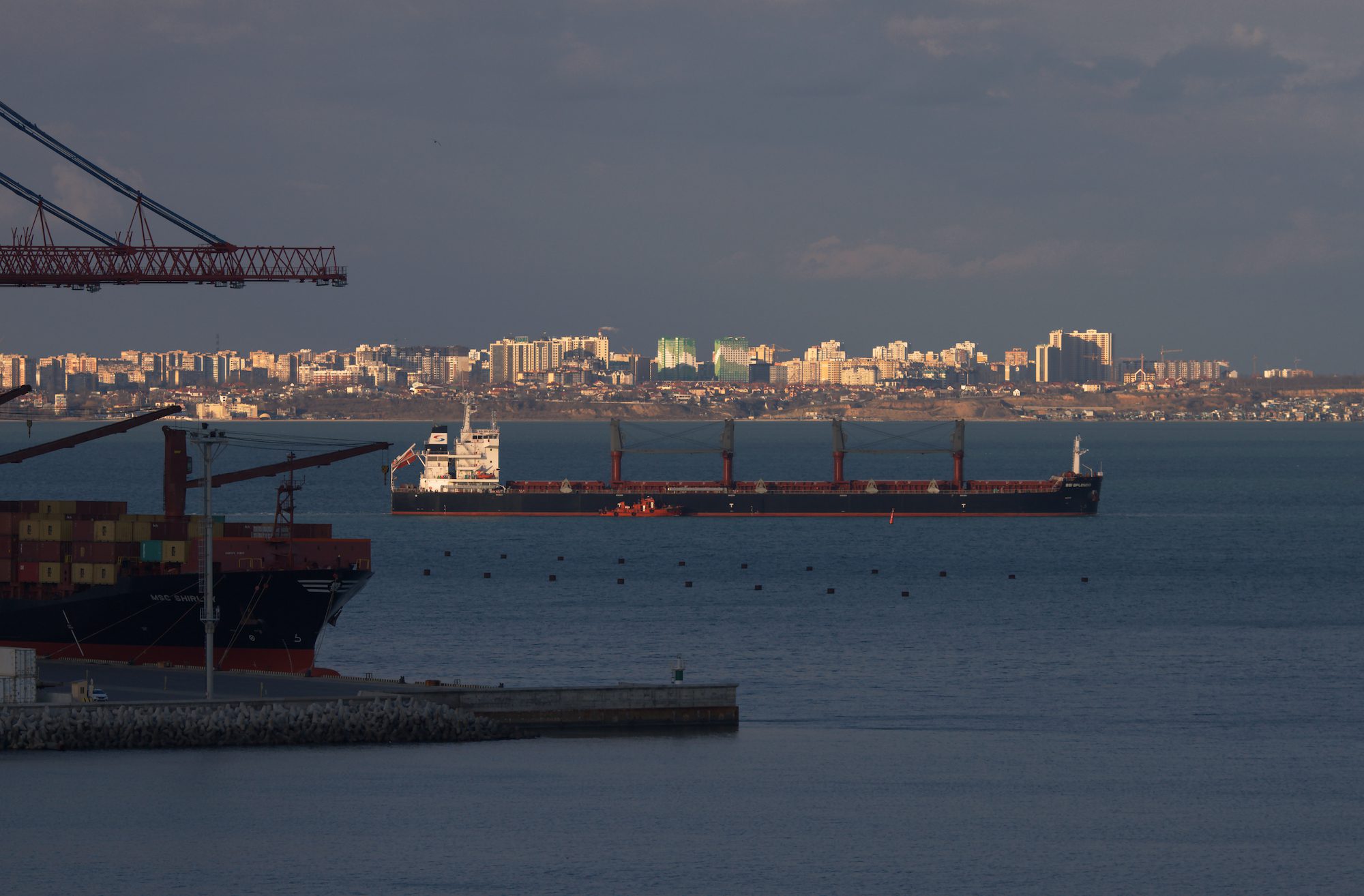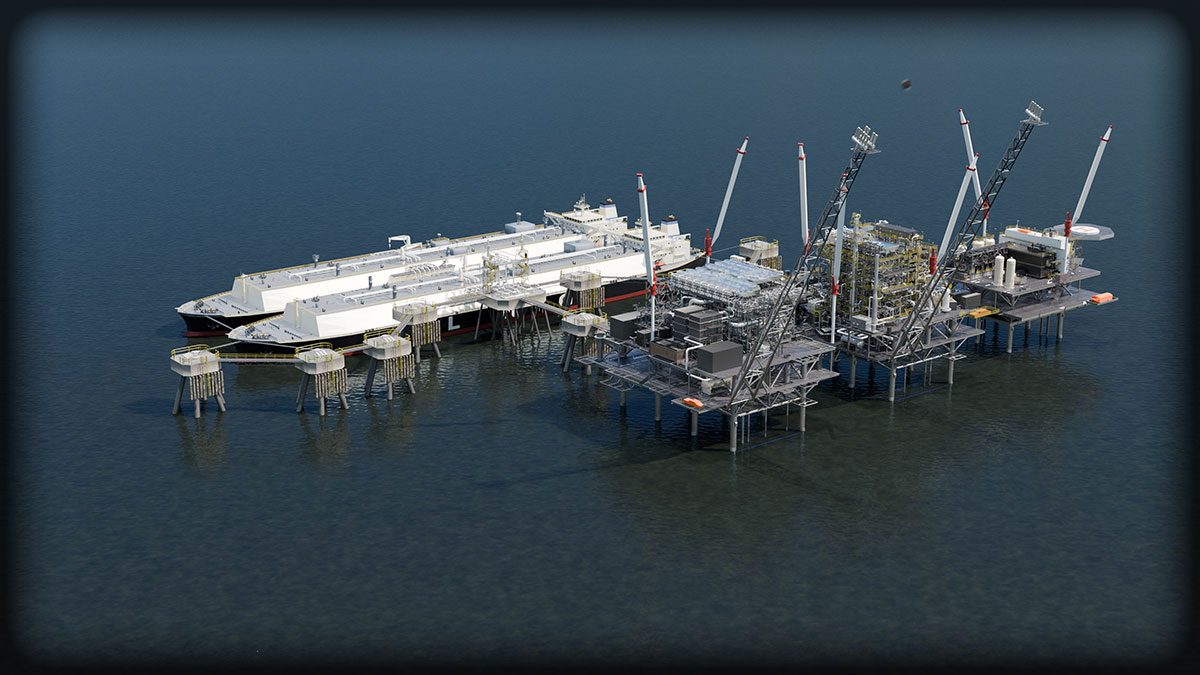By Bryce Baschuk (Bloomberg) —
The UN said efforts to “friend-shore” manufacturing could weigh on a global trading system that a new report warns still faces transport headwinds and inflationary pressures tied to Russia’s war and the pandemic.
“The trade system is a very complex system,” said Rebeca Grynspan, secretary-general of the United Nations Conference on Trade and Development, in a briefing with reporters. “If you try to get away from one part of the world, you create a huge disruption to the system. Everything changes.”
While Unctad said it sees “no evidence of a mass exodus” away from offshoring trends, US and European friend-shoring plans have the potential to further fragment international commerce, according to a report published Tuesday.
Disruptions from the fighting in Ukraine have already led to higher grain prices and dry-bulk freight rates, which contributed to a 1.2% increase in consumer food prices, according to the Geneva-based agency.
In that environment, labor strikes pose risks to the logistics industries tied to ocean shipping. “Faced with rising inflation and increased cost of living and the introduction of automation, there is the potential for widespread unrest,” the report stated.
No Exodus Yet
Over the past year, policymakers in Washington and European capitals have sought to reduce their dependence on authoritarian nations like China and Russia for critical goods like food, energy and semiconductors.
The trend was spurred, in part, by pandemic-related supply snarls, which encouraged many companies to shift production closer to their consumer markets and away from a lean-inventory supply chains.
“The real question is whether we have open or closed regionalization,” Grynspan told reporters during the press conference in Geneva. If trade flows shift to a pattern of closed regionalization it will result in more fragmentation, she said.
But if supply lines operate along patterns of open regionalization, that could actually improve value chains and lead to more sustainable growth in the developing world. “That’s a win-win situation,” Grynspan said.
Gloomy Trade Outlook
Unctad projects that growth in total seaborne trade will be 1.4% in 2023, unchanged from this year’s level, before averaging just above 2% in each year after that through 2027. That’s below the historical average in recent decades of about 3.3% annual growth.
Global Shipping Growth at Risk from Economic Gloom, UN Says
The slowdown is due to “strong macroeconomic headwinds combined with a weakening in China’s economy,” according to the report. China’s zero-Covid policy continues to weigh on the outlook as health-related shutdowns have disrupted manufacturing, logistics, and supply chains.
In addition, the war in Ukraine, labor strikes and adverse weather events “spell further trouble for global supply chains and logistics — and for maritime trade.”
“Things are not looking up,” said Shamika Sirimanne, the director of Unctad’s division on technology and logistics. “The era of cheap, reliable and connected maritime trade may be coming to an end.”
Lower Growth Trends
The report found that port congestion was broadly easing and container shipping rates had fallen from their pandemic heights, though they’re still above pre-pandemic levels. Unctad said container rates will likely decline further as trade flows normalize and new vessels enter the market.
The UN urged nations to bolster their port infrastructure and adapt to automation trends as a means to reverse the decline of maritime shipping connectivity.
US port performance was dragged down due to “long-term underinvestment” in America’s West Coast port infrastructure, the agency said. In addition, most ports in Africa, Latin America and the Caribbean “suffered significant reductions” in direct connections, it said.
Recent trade-facilitation efforts — like digital customs declarations, electronic payments and other expedited customs procedures — helped soften the blow of the pandemic-driven supply crunch.
© 2022 Bloomberg L.P.

 Join The Club
Join The Club











